About us
The Wayne State School of Social work was awarded grant funding from Michigan Department of Health & Human Services in 2023 to develop a training to improve crisis response in the state of Michigan.
Faculty and staff
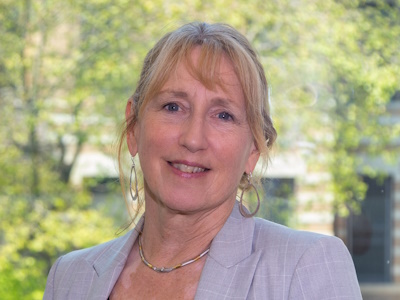
Sheryl Kubiak, Principal Investigator. Dean of and a Professor in the Wayne State University School of Social Work and Founding Director of the Center for Behavioral Health and Justice. Her interest in the intersections between criminal/legal systems and behavioral health began 30 years ago. Since then, Dean Kubiak has received funding from national (NIMH, NSF, NIDA) and state (MDOC, MDHHS) government, as well as foundations (i.e., Robert Wood Johnson Foundation, Skillman, Flinn) to research and evaluate projects such as substance abuse treatment within prisons, mental health courts, and integrated substance abuse and mental health treatment for those involved in the legal system. Dean Kubiak has served as a gubernatorial appointee to the Michigan Joint Task Force on Jail and Pretrial Incarceration and the state’s Criminal Justice Policy Commission.
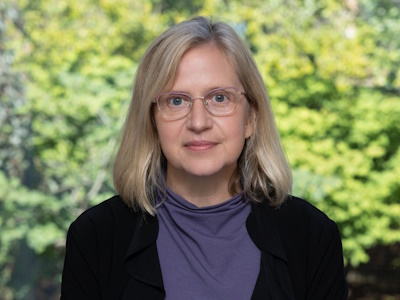
Amy Watson, Faculty Lead: Trained as a mental health services researcher, Amy Watson, PhD, has focused on people with serious mental illnesses that come in contact with the criminal legal system and interventions to prevent and reduce criminal legal involvement. She has conducted extensive research on police encounters with persons with mental illnesses and the Crisis Intervention Team (CIT) model. She has also examined mental health courts and prison reentry programs. Her current work is looking at models to reduce or eliminate the role of law enforcement in mental health crisis response.
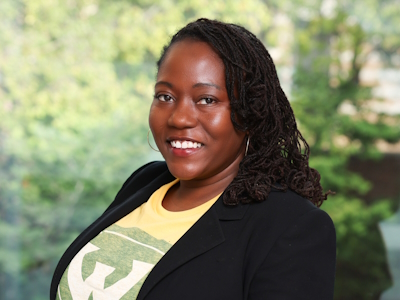
Shantalea Johns, Assistant Professor and Director of Continuing Education: Shantalea Johns, EdD, LMSW leads the development and administration of continuing education credits (CEs) for social workers and allied health professionals. She is also a certified Crisis Intervention Team (CIT) Coordinator. Her research primarily explores trauma, relationship challenges, and the social determinants impacting mental health among urban African American youth spanning adolescence to early adulthood. As a community-engaged researcher, her work is dedicated to expanding and evaluating access to coordinated, comprehensive behavioral health care.
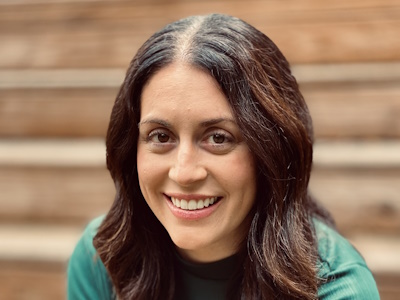
Meghan Taft, Program Manager: Meghan Taft, LLP, CAADC joined the School of Social work in January 2024. Prior to joining the SSW, she worked for a Community Mental Health organization where she supervised a jail services team, community outreach efforts, crisis services and a Crisis Intervention Team (CIT) program. In addition, she currently serves as a member of the Calhoun County hostage negotiator team. She was a previous CIT-International Board member and is current Board member of Oaklawn Hospital.
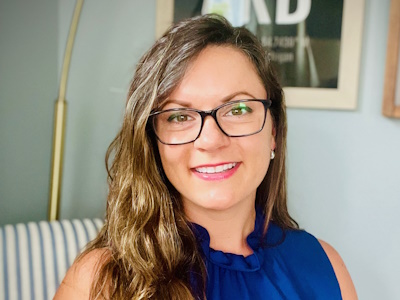
Melinda Holliday, Training Specialist: Melinda Holliday, LMSW, LISW-S, CAADC is a clinical social worker who provides crisis training and private practice therapy. Melinda holds a Bachelor’s Degree in Psychology from Albion College as well as a Master’s Degree in Social Work from Western Michigan University. She has been working in the behavioral health field for 15 years working in a variety of settings including community mental health, inpatient psychiatric care, and community crisis with police. Melinda’s expertise includes crisis intervention, clinical leadership, CIT program development, clinical social work, and social work supervision.
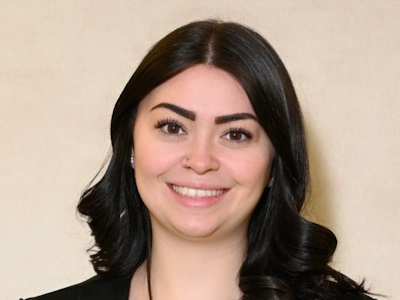
Tatyana Potts, Research Assistant: Tatyana Potts holds a bachelor’s degree in Sociology and a minor in Latin American Studies from Wayne State University. With experience as a Workforce Development Coordinator at Alternatives for Girls, she specialized in designing tracking systems, conducting intake sessions, and providing tailored support for participants. In her new role as a Research Assistant at Wayne State University, Tatyana brings a passion for empowering individuals and driving positive change. With a background in sociology and hands-on experience in program development, she is well-equipped to contribute valuable insights to research projects within the university community.